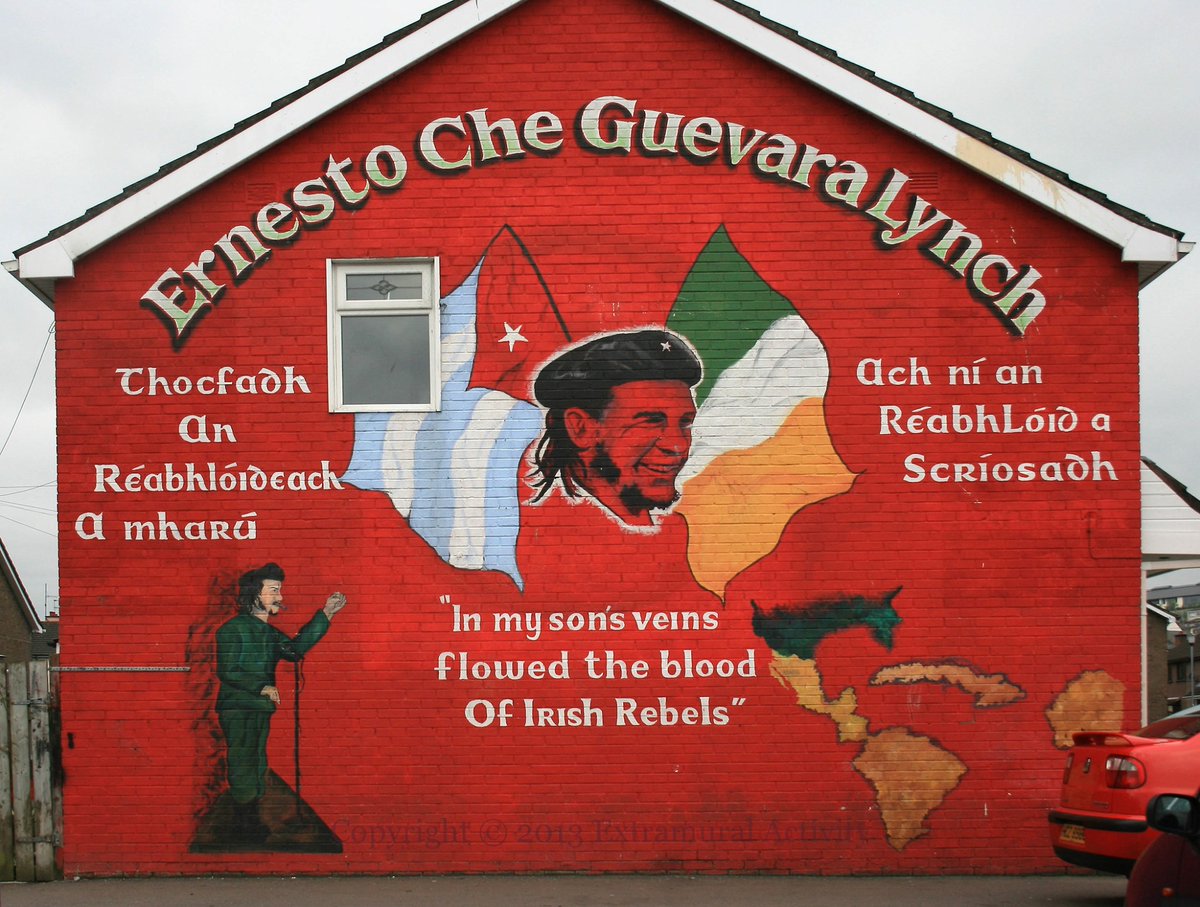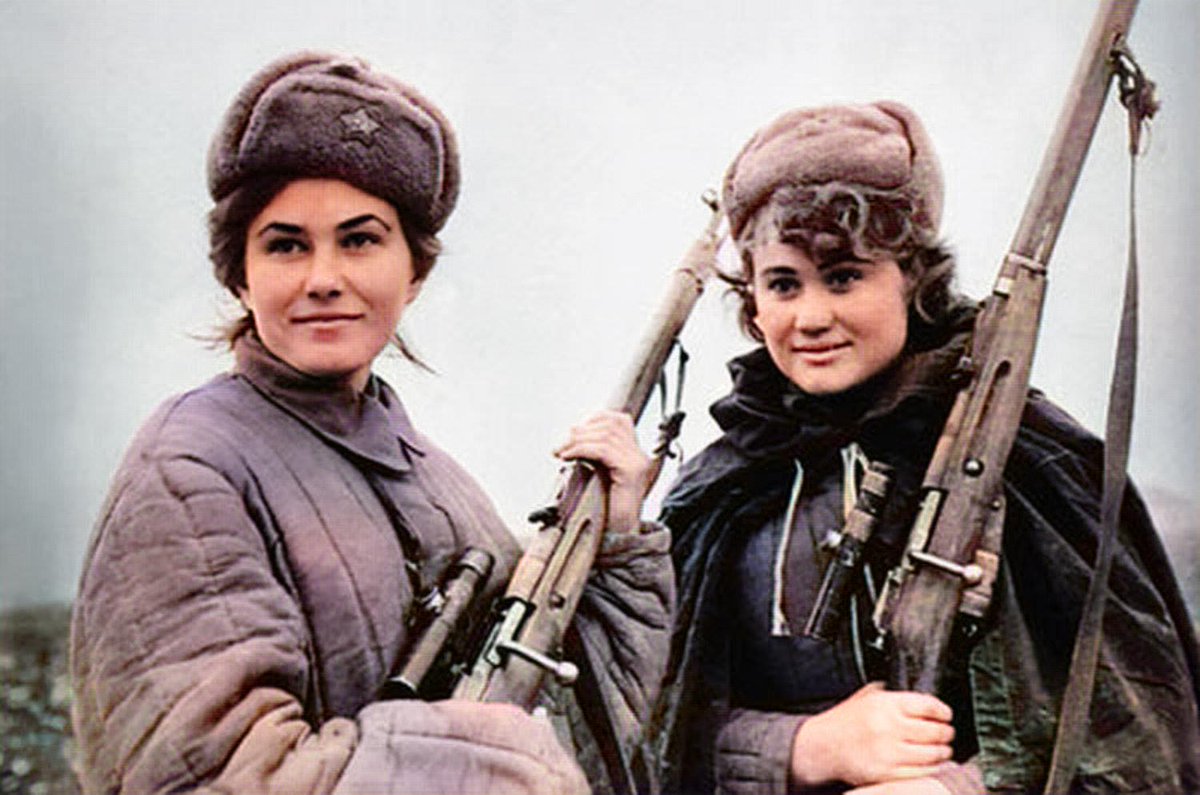
11 years ago today, NATO launched a regime change war on Libya that devastated the African nation. 🧵 

On March 19, 2011, a multi-state NATO-led coalition began a military assault on Libya under the pretense of stopping Mu‘ammar Ghaddafi’s “crimes against humanity.” 





During NATO’s bombing campaign, thousands of civilians were killed, and entire cities like Sirte were obliterated. 





Black Libyans and migrant workers were systematically persecuted, murdered by NATO-backed rebels, and sold on slave markets. 



Tens of thousands were forced to flee, sparking a refugee crisis that continues to claim the lives of those who make the treacherous journey in search of peace in Europe. 





Today, Libya has a Human Development Index ranking of 105, as standards of living have plummeted from its pre-NATO intervention ranking of 51, then the highest in Africa. 

Cheap and widespread access to housing, fuel, electricity, water, and other basic rights are remembered by Libyans as something they enjoyed during Gaddafi’s rule, but since NATO’s war, have seemed far out of reach. 





• • •
Missing some Tweet in this thread? You can try to
force a refresh
































